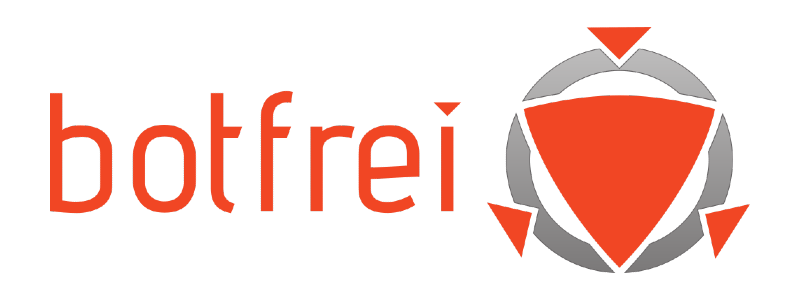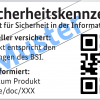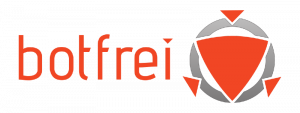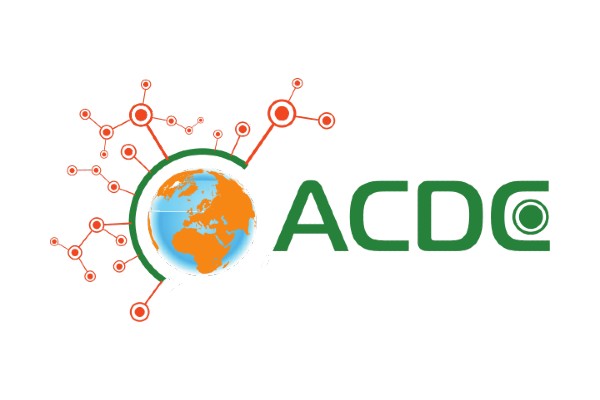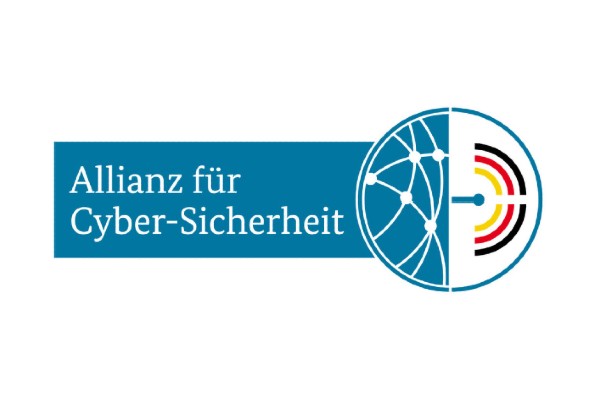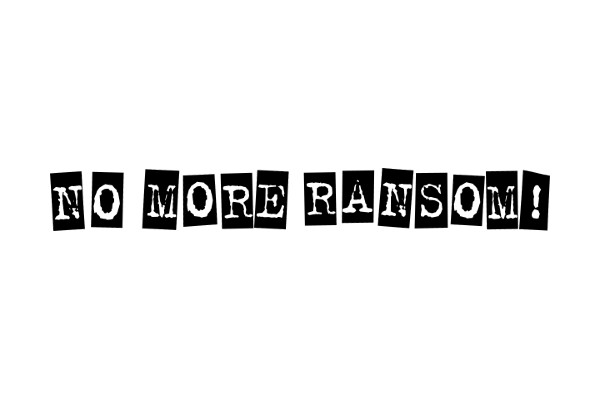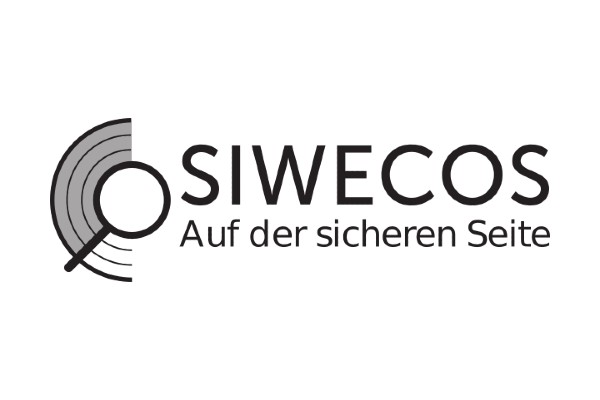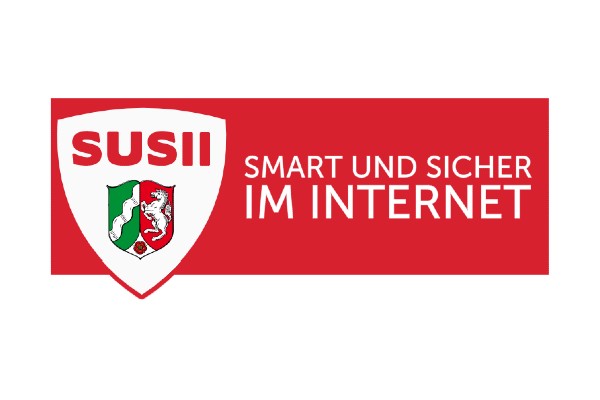The ACDC-project, led by eco – Association of the German Internet Industry, is one step closer to its aim of creating a European-wide network of national support centres to fight botnets. In cooperation with the Croatian Academic and Research Network, CARNet, the latest in a series of National Support Centres was launched in Zagreb, Croatia, this week.
The Croatian website www.antibot.hr, the 4th National Anti-Botnet Support Centre within the ACDC project, is based on eco’s successful botfrei.de program (botfrei.de/en). The new Croatian National Support Centre site contains links and instructions for free and commercial security tools for end users that can:
- detect malicious code installed on users’ computers and remove it,
- detect infected Web sites whose purpose is distributing malware to visitors of the sites,
- determine whether a user’s browser is vulnerable and therefore liable to be infected by malicious code and
- protect users’ computers, contributing to the reduction of the number of bots on infected computers.
CARNet’s mission is the “development of advanced information and communication infrastructure” for the Croatian academic community. This includes supporting a fast and safe network, and establishing and maintaining central national services for the Internet.
ACDC (www.acdc-project.eu) is a pilot project co-funded by the European Commission, with 28 partners in 14 countries, and is open to stakeholders from industry, public authorities and academia across Member States. It aims to provide tools and sensors to detect botnet-related cyberthreats and mitigate cyberattacks on networks, web sites, end user computers and mobile devices. ACDC reaches out to users across Europe through now four National Support Centres.
Peter Meyer, Project Manager for ACDC, believes “The launch of the Croatian Anti-Botnet Support Centre is a milestone for the ACDC-project, expanding this successful end-user support service into the next region of Europe. It will make the Croatian Internet community safer.”
Four additional support centres will be launched in Bulgaria, Italy, France & Portugal this year.
